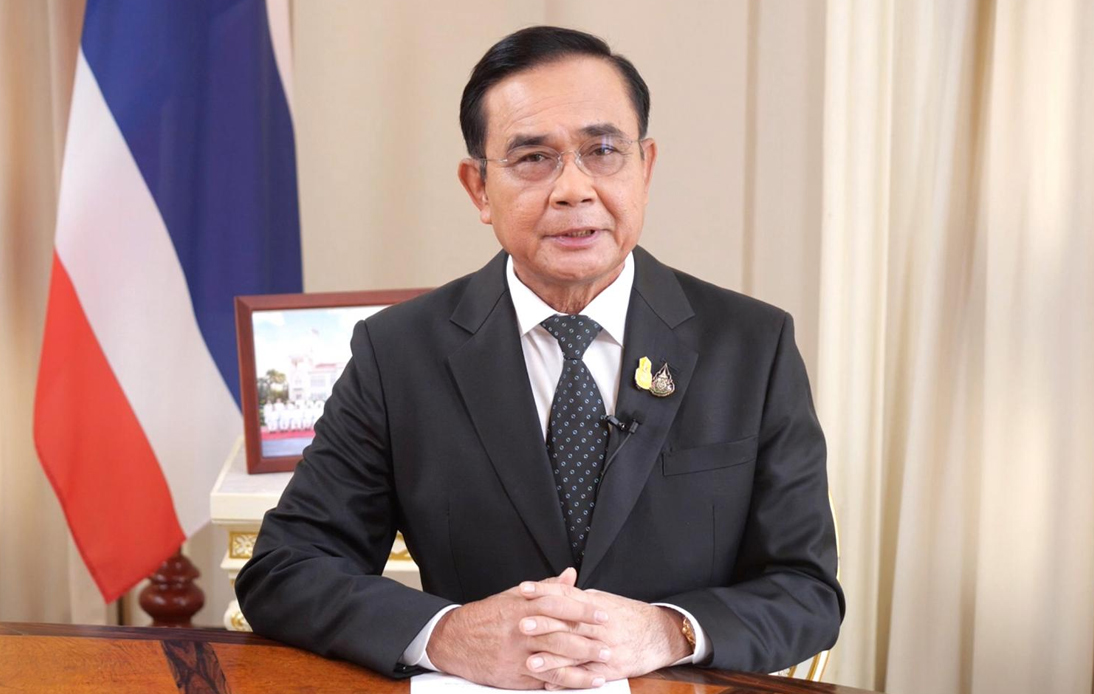
On Monday, the Election Commission (EC) dropped a petition seeking a court ruling on Prime Minister Prayut Chan-o-cha’s mandate.
Political activist Srisuwan Janya submitted the petition to the poll’s organizing agency on August 5, asking officials to seek the Constitutional Court’s ruling on General Prayut’s first term.
The move intended to end the debate on the prime minister’s term limit before the court. Also, it was in line with the opposition’s efforts to settle the case through Parliament.
The EC’s controversial decision to dismiss the petition drew criticism from various groups. However, the agency argued that it did not see the need to go forward on the matter, as it had been brought to court by several MPs.
Earlier on Monday, the House of Representative’s secretariat handed a petition from the opposing camp to the court, expecting it to determine whether to take the case up for consideration on Wednesday.
Mr. Srisuwan criticized the EC for dragging its feet and shifting the responsibility to legislators.
The political activist also threatened to file a complaint against the agency with the National Anti-Corruption Commission for breach of duty, writing on Facebook: “This issue is not over yet.”
Meanwhile, former Move Forward Party candidate for Bangkok governor Wiroj Lakkhanaadisorn stated that the EC’s decision to dismiss the petition highlighted suspicions about the independence of the agency and other organizations with members linked to the people behind the coup.
General Prayut’s tenure has been the subject of debate in recent weeks, as the government and opposition have become embroiled in a dispute over when his term as prime minister should end.
According to opposition groups and demonstrators, his term allegedly began on August 24, 2014, when he seized power through a military coup. Therefore, it must end this week.
However, General Prayut’s supporters claim he can continue serving as prime minister for another four years, insisting that his formal term started in 2019, two years after the present charter went effective.
The Thai constitution states that a prime minister cannot be in office for more than eight years.




















